
Rape Culture- 5 Women On Battling The Menace
For the past few days, the dangers of rape culture in the society have been amplified all across social media and beyond. Women across Nigeria and outside are enraged and tired of the constant need to fight for their lives. Rape and police brutality are at the forefront of the injustice being fought against. On social media, there have been relevant trends to create awareness on this. Hashtags of #StopRapingWomen, #StopKillingUs #WeAreTired etc. are rightly being spread in addition to the worldwide #BlackLivesMatter trend.
This came in the wake of various heart wrenching cases that came into limelight at the end of May. 22-year old Uwa was raped and murdered in a church in Benin. 12-year old Farishina was raped by 11 men. 16 year old Tina was killed by a police officer in Lagos. These are just a few of the victims of this menace.
RADR reached out to five women in different spheres of life to discuss prominent factors in rape culture. Stigmatization, less than stellar judicial procedures, faith-based support, initiatives and of course the media reportage are topics we touched on.
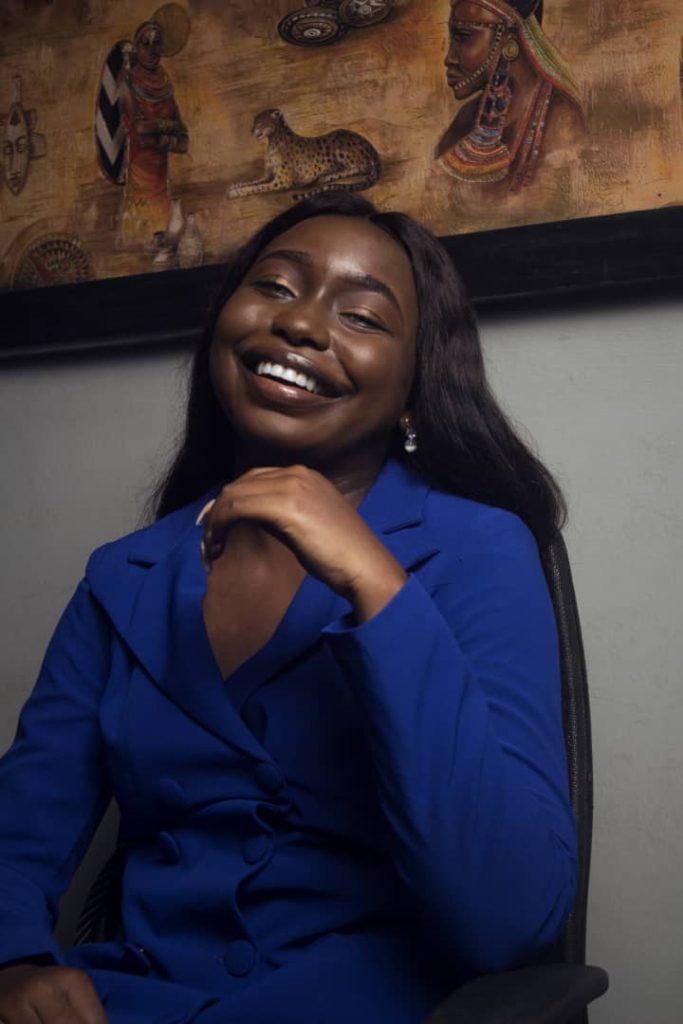
Angel Yinkore, a psychologist and life coach talks about stigmatization and if there is a right way of speaking out.
RADR: The fear of stigmatization is one that hinders many victims from speaking out. We see it daily in the media; the shaming & blaming, how their lives are dissected and the assault rehashed so many times that it pushes other victims to silence. How do you think society can battle stigmatization making it a safe place for victims to speak out? Also, is there a “best approach” to speaking out?
ANGEL– There is no best approach to speaking out. Rape is trauma, while there are physical manifestations of rape trauma, the psychological trauma is as distinct to each person as a fingerprint. Everyone copes differently and in their own way and time. It is inconsiderate to pressure survivors, because they cope with the self-inflicted guilt prior to coming out and the social stigma when they do, as such it should be up to the individual if they do decide to. Speaking out or not speaking doesn’t make their experience any less valid neither are they selfish for not speaking out. Their own healing and mental health should be of utmost priority.
As regards de-stigmatization of rape in our society, beliefs shape a society’s culture and your beliefs are influenced by your environment. What does the Nigeria environment consist of that promotes rape culture? Family, schools, churches/mosques. If you consistently hear the same thing in all 3 major institutions without it being questioned or challenged at any point, without a doubt you will grow up believing that point of view is truth.
Therefore it is our duty to challenge these beliefs at all levels. Parents should have active sexually educative conversations with the children. In-depth sex education should be integrated into the curriculum at all stages of our schools. Religious institutions should not shy away from having realistic conversations about sex and also invite actual experts to give factual information. It is easier to teach a 5 year old consent and boundaries than it is to teach a 60 year old. Humans grow with opinions and opinions age into beliefs, it is difficult to contest what a person believes to be true, hence why we must start early to incorporate sex education into the next generation.
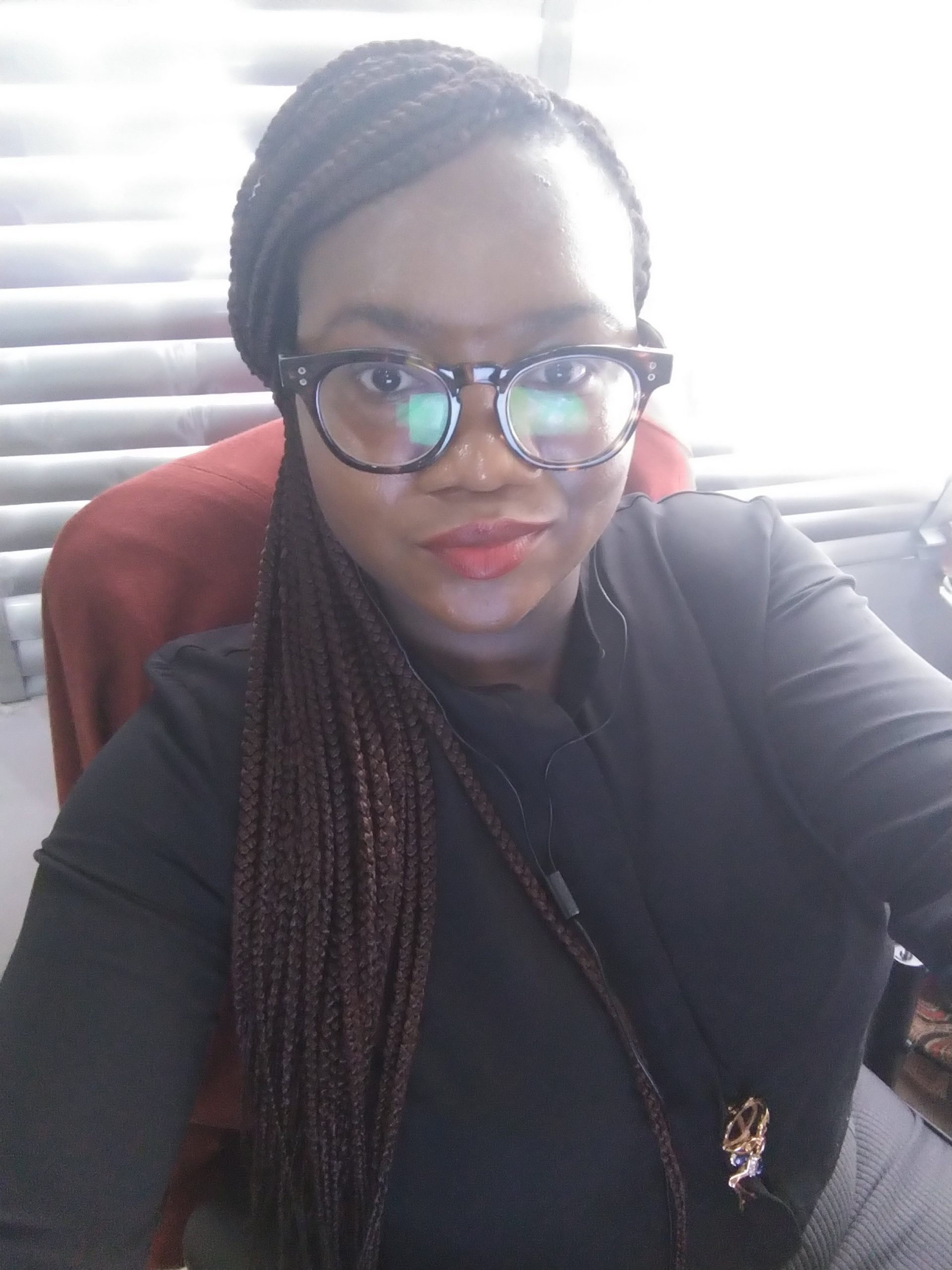
Tolu Olowo, Legal practitioner discusses ways to achieve proper judicial procedures in sexual assault
RADR– It is well known that getting justice for sexual assault cases in Nigeria is hard as a nail. The lack of evidence especially when the case is considered late is one thing we cannot find ways around. People are demanding for a better judicial system regarding this. As a lawyer, how do you think this can be achieved in Nigeria?
TOLU– To start with, we need new laws on rape as well as more stringent punishments. The definition of rape, particularly under the Criminal Code and the Penal Code, is very limited. This has led to a situation where accused rapists cast aspersions on the character of the victim and muddy the case. Also, speeding up dispensation of justice would lead to justice being done. A situation where it takes upwards of three years to get judgment is a miscarriage of justice. Happily, the Lagos state government has created a special division for sex related offences, leading to speedier judgments. We hope that this will be replicated across the country.
Lastly, better trained police officers. The police force is the first port of call for the investigation and prosecution of rape cases. What we have now where the police has a lassez faire attitude to the investigation and prosecution of sexual crimes has created an environment where rapists know that victims will not be attended to, and even where they are, the payment of a bribe is enough to make the case disappear.
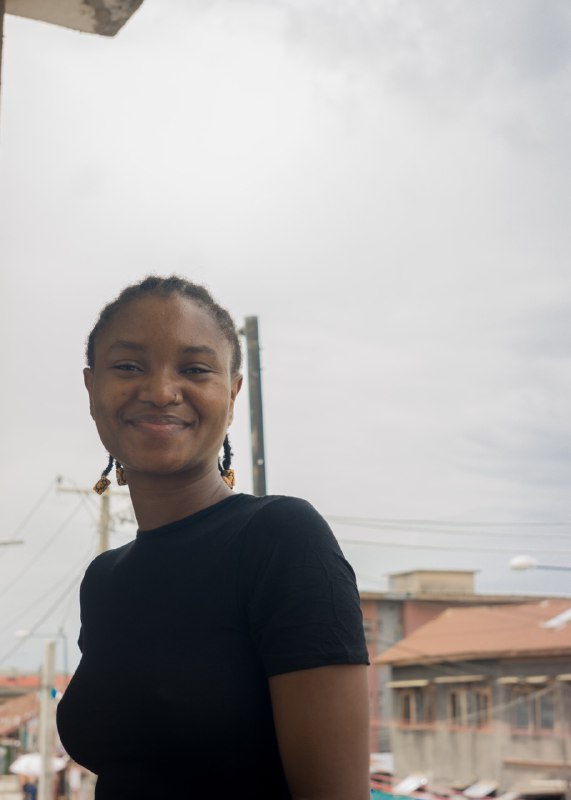
Wura Abulatan, Communications Lead, Stand To End Rape Initiative shines light on the operations of STER.
RADR: A lot of victims are scared to speak out for various reasons. Can be psychological or just the fear that nobody can help them get justice without the stigma and perceived shame of being a victim. Can you tell us how Stand To End Rape Initiative operates when a victim reaches out to them?
WURA– Yes, there are several reasons why victims and survivors of sexual violence may be scared to speak out. For one, we live in a highly patriarchal society with rape culture as the order of the day, this means survivors will rarely get the much-needed support if they chose to speak. A lot of survivors are re-traumatized, disbelieved, ostracized, threatened and even harmed for speaking up. The lack of proper training by law enforcement and medical providers does not help as well as some of them are not equipped on best practices in dealing with sexual violence cases.
Some survivors have internalized their experience and blamed themselves and this can stop them from speaking up or getting very important help, again our society’s victim shaming and blaming culture does not help with this, the society is convinced there’s a way a rape case should look and anything other than that, you’re believed to have played a part in your abuse. This is so wrong, there is no one way for an incident to be and only the person who choose to commit the crime of rape or assault is at fault.
When a survivor contacts STER, a support member called them to get more details about the case and understand what the survivors want, we may advise on steps to take but we never force anything on our clients because we need them to follow through. Some just want therapy, some want medical, some want legal support while some want two or more of the support services we offer. After the conversation, the case is then assigned to a member depending on the service (s) required and they take it from there.
Sometimes, some cases may have been reported and even ongoing (like popular cases), so we can provide additional support like therapy or follow up with legal to ensure justice is gotten. We sometimes also help victim’s/survivor’s or their families raise funding but that’s not something we do all the time.
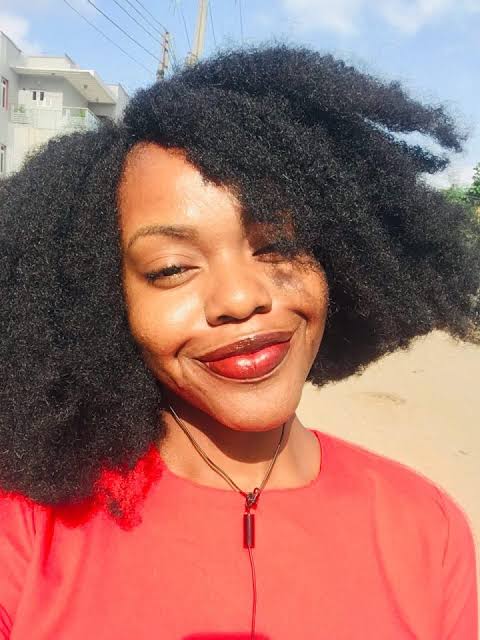
Ope Adedeji, Editor at Zikoko Mag shares her knowledge on the media reportage of sexual assault cases and their role in battling rape culture in the society.
RADR: The media sets agenda but beyond that, they are expected to be the fourth estate of the realm wielding a significant social influence. How do you think the media can begin to treat sexual assault as more than a story and rather, join the fight for a better judicial system and at large, a safer society beyond what is being posted?
OPE: I think that it starts with the kind of stories that we tell. In this context, media is: television and film. A lot of what we know to be victim-blaming + purity culture was (is) fueled by media “in the name of mirroring society”. I think that the media needs to do more than that, to tell more wholesome stories, to change the narrative. There needs to be a total revamp of the way we mirror rape and consent in media. That’s one part.
The other part: print, digital media, etc. They should be amplifying, working and partnering with advocacy groups and organizations established to raise awareness for/prosecute cases of sexual assault like STER, DVRST, Mirabel center, those guys always need coverage. I remember a few years ago when Mirabel center was raising money for funding. It’s also up to the media to help out with that.
Also on using their platform to investigate these stories. Reportage is one thing, expose is another. Think BBC Eye & Kiki Mordi, peak investigative journalism showing the faces of the perpetrators and making the road to justice easier. Think of the interview with Chude and Busola Dakolo.
Finally, the following through with cases. When a sexual assault case is reported, what next? All we hear is “the police is investigating” and then we don’t hear again until the court gives a ruling or until the entire thing just fizzles away. The media needs to do more in following through with cases, providing in depth (and perhaps daily) reportage on what’s happening, holding the respective parties (police, lawyers, advocacy group involve, parents, families etc.) accountable so there’s a clearer picture of where the bottle neck is in the journey to justice. I mean just look at the extensive report that the entire Harvey Weinstein case and #MeToo movement got.
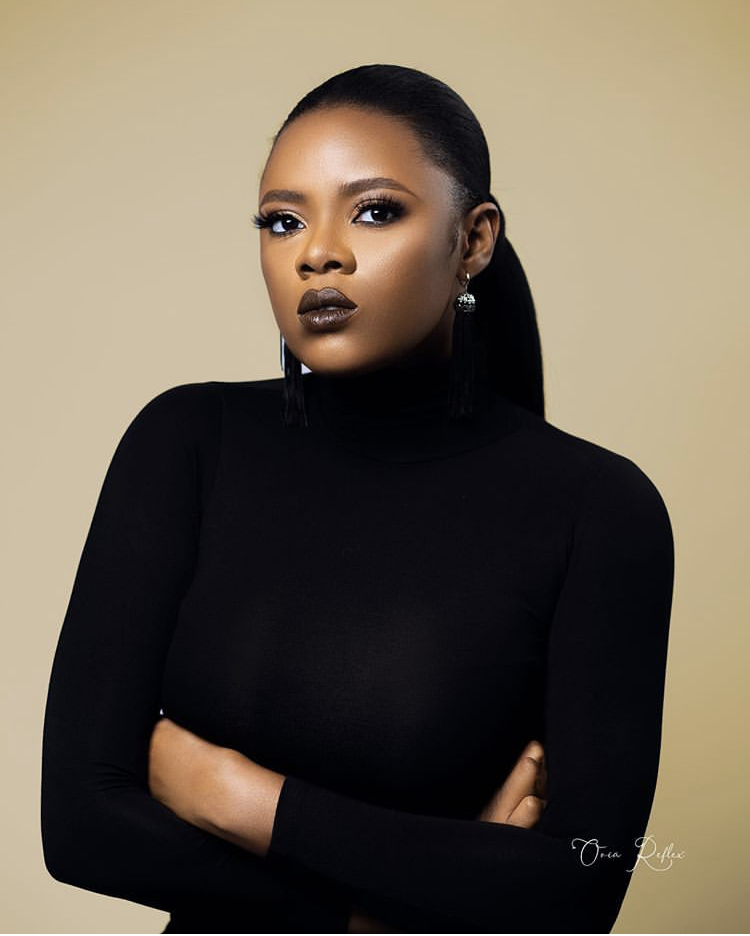
Adetoke Oluwo, Content Coach and Fashion entrepreneur vocal about her faith talks about the believer’s perspective and role to play.
RADR: Quite often, people tend to view Christians who do not take a public stand against injustice as hypocrites especially seeing as even the church is not safe for women anymore. There is a constant comparison to Jesus Christ when he violently berated those who turned the temple into a market place. As a vocal Christian, how do you think fellow Christians can lend their voice against sexual assault and violence without going against the word of God?
ADETOKE: I would say people should leave people alone and focus on their own path or journey. If someone is not voicing out about a particular trending topic, you don’t have to drag them or make them do it forcefully. They is no point! People process Information differently and you may just be looking at victims too. Not everyone would carry placards to join a trending situation and this will always be the case! The same way you have even rapists right now screaming Justice for victims of Rape!
This is why we should always encourage people and make them see reasons they should fight a good fight or join a good course but at the same time not hate anyone who doesn’t! There are deeper roots and what I’ve come to realise is that not everyone is physiologically okay and there are more abused people that we know that these things trigger.
Secondly, As a Christian, I always say speak your truth! There is nothing about going against the word of God in this kind of matter because there is nowhere in the Bible God supported Rape. We all have those we impact directly no matter how small so yes, we need to bring awareness with our Voice because we just never know who we are helping.
RADR believes that conversations on rape culture should not stop till it is beaten to the ground. Alongside this, we implore you to do your bit by raising awareness to Rape culture and the unjust killings of women. Here are some steps you can also take to support:
- Share on social media
- Stop shaming/blaming victims
- Stop protecting rapists and condoning sexual assault
- Speak out if you can
- Donate to Women’s Anti-Violence Organizations like Stand To End Rape, Mirabel Centre Ng, Women At Risk Int. Foundation, Hands Off Initiative etc. (all social media pages have been linked)
- Raise your male children to know that they do not own the rights to anyone’s body.
Kindly remember that it is okay to stay away from triggering conversations if you do not feel up to it. Protect your mental health.
One Comment
Comments are closed.
[…] Rape Culture- 5 Women On Battling The Menace […]